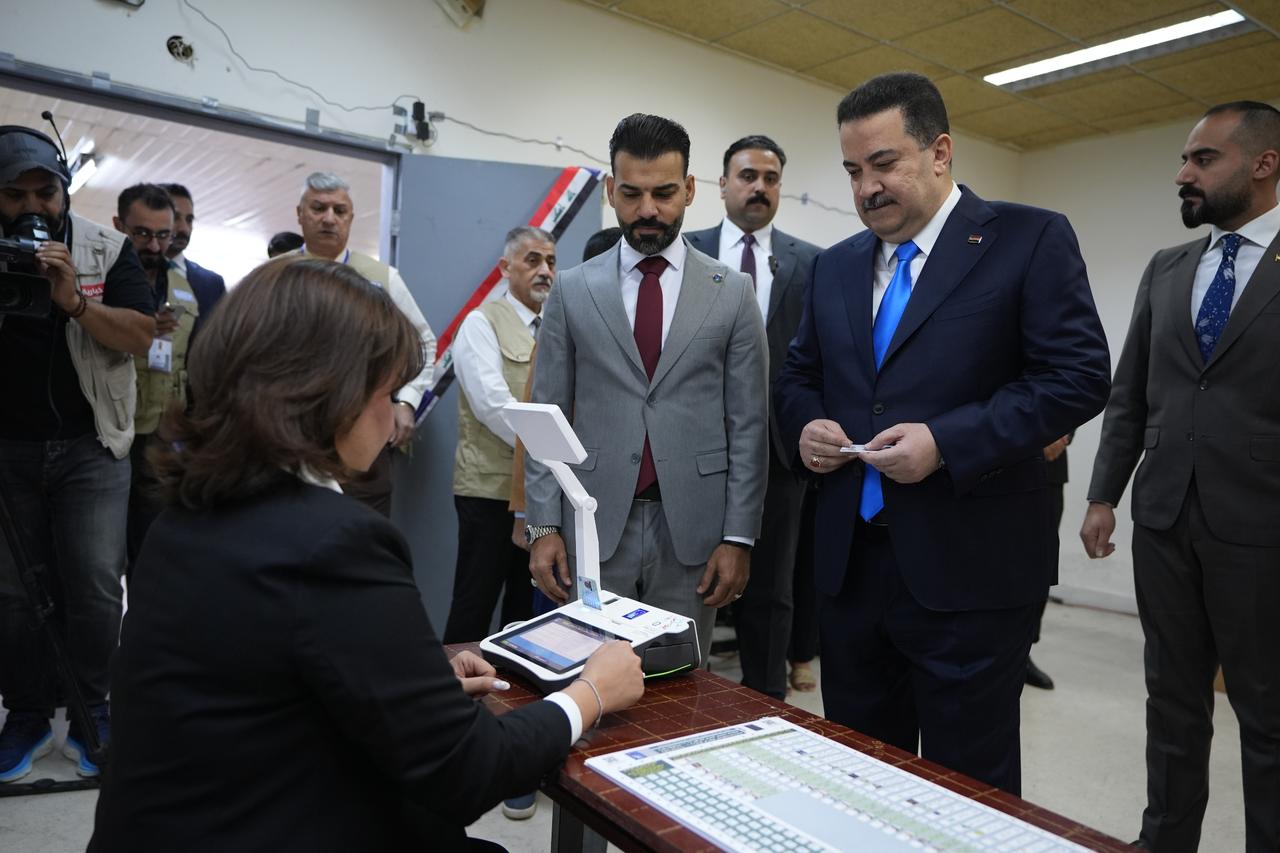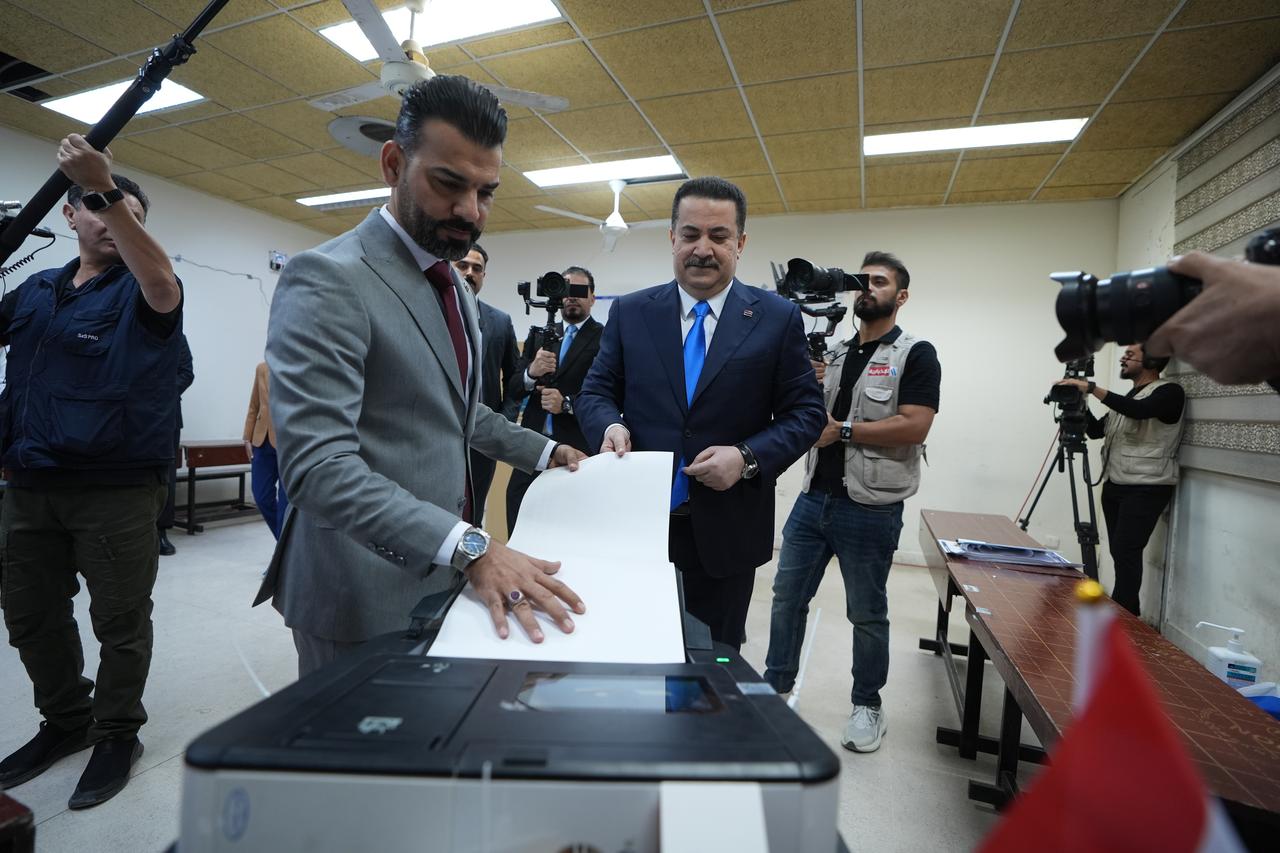
Voting began in Iraq on Tuesday to elect a new parliament in polls closely watched by both Tehran and Washington. The elections will shape the country’s political scene for the next four years.
More than 21 million voters are eligible to choose 329 lawmakers who will later elect the president and approve the government.
Polls opened at 7 a.m. and will close at 6 p.m. local time (3 p.m. GMT) with no extensions. Results are expected within 24 hours.
The vote marks Iraq’s sixth parliamentary election since the 2003 liberation, taking place amid relative stability after years of conflict and corruption.
Despite public fatigue, many Iraqis see the polls as necessary for political continuity.
“Every four years, we see the same faces return,” said Baghdad university student Hassan Yassin. “We don’t see young people capable of bringing real change.”
More than 7,700 candidates, one-third of them women, are contesting the vote. Analysts say established Shiite, Sunni, and Kurdish blocs continue to dominate.

The new parliament will trigger a process to elect a president, traditionally a Kurd, and appoint a prime minister, which could take months.
Prime Minister Mohammed Shia al-Sudani’s coalition is expected to win a substantial number of seats but may still face lengthy negotiations.
Sudani’s government, backed by the Tehran-aligned Coordination Framework, has sought to maintain Iraq’s neutrality amid regional tensions.
The elections come as Iraq balances relations between the U.S. and Iran.
Washington continues to urge Baghdad to curb armed groups outside state control, while Tehran aims to strengthen its foothold in Baghdad after recent regional setbacks.
As ballots are counted, Iraq faces the task of forming a stable government and reaffirming its sovereignty amid growing regional rivalries.